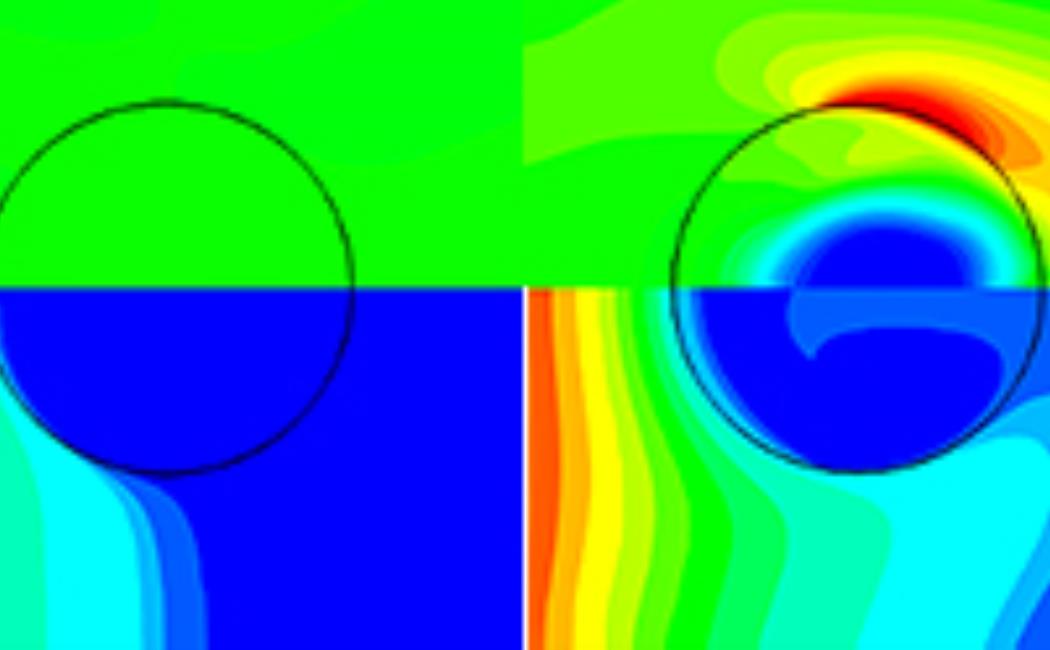



Objectives and Expected Outcomes
To develop generalized lumped chemical reaction mechanisms representing low-grade fuels to predict their combustion and pollutant formation processes.
To characterize ignition and pollutant formation behavior of low-grade fuels by using the fundamental experimental facilities at the CCRC, such as the shock tubes, RCMs, and laminar flame burners, complemented with computational modeling using the lumped reaction models.
To investigate and assess the co-combustion techniques by characterizing the effects of gaseous fuel blending in fundamental experiment facilities.
To design and construct an experimental rig to investigate the combustion of low-grade fuels in large-scale burners (e.g., circulating fluidized bed and/or cement kilns for petcoke and black carbon, and spray burners for HFO and VRO.
To develop and conduct device-scale CFD simulations implemented with lumped reaction models to characterize the experimental rig behavior.
Theam Leader: Im
Sarathy